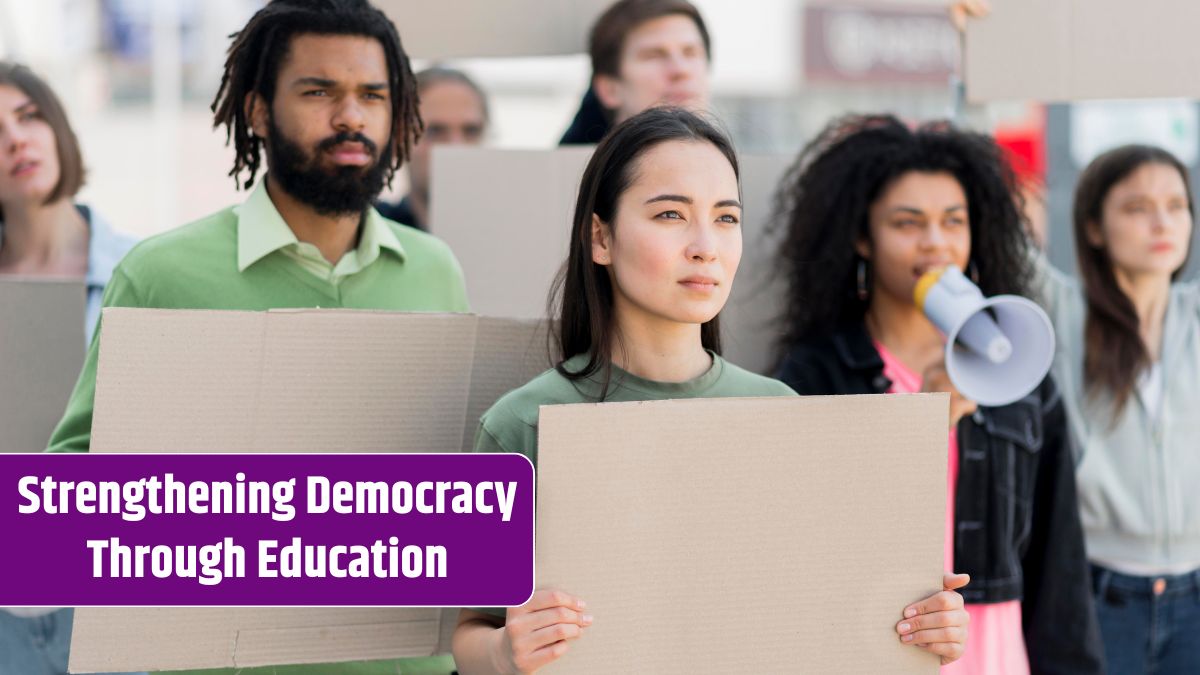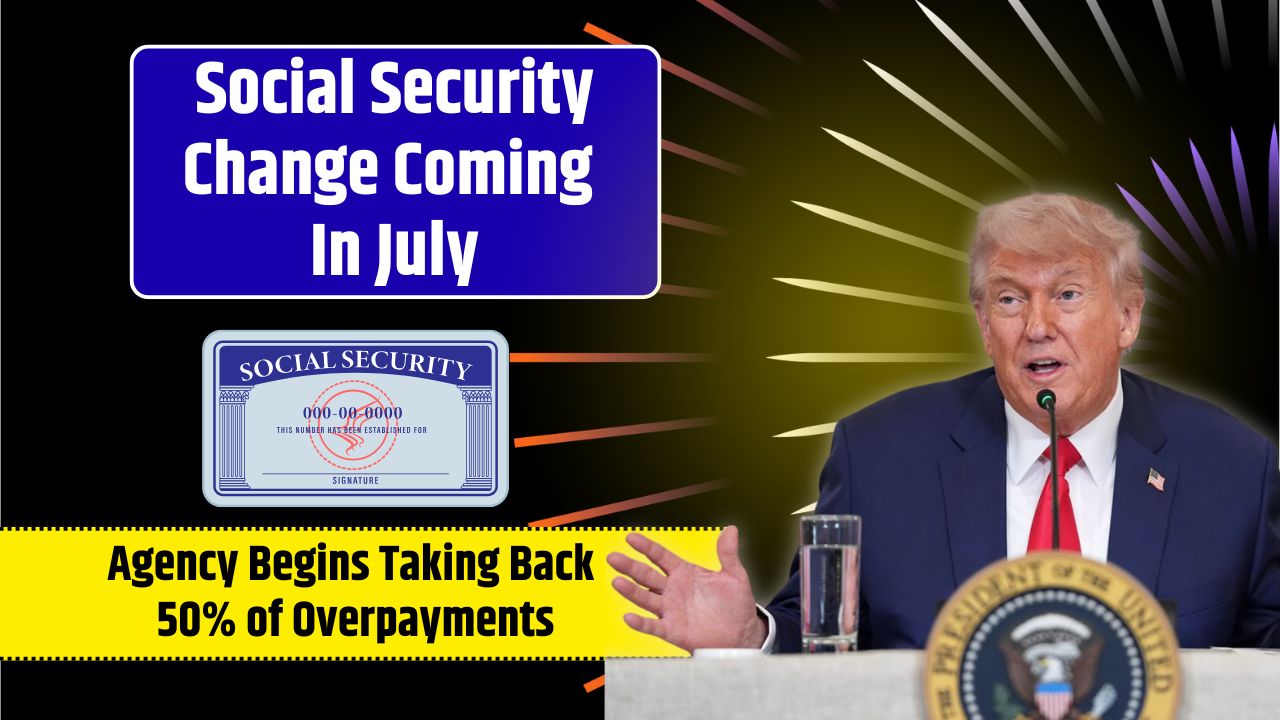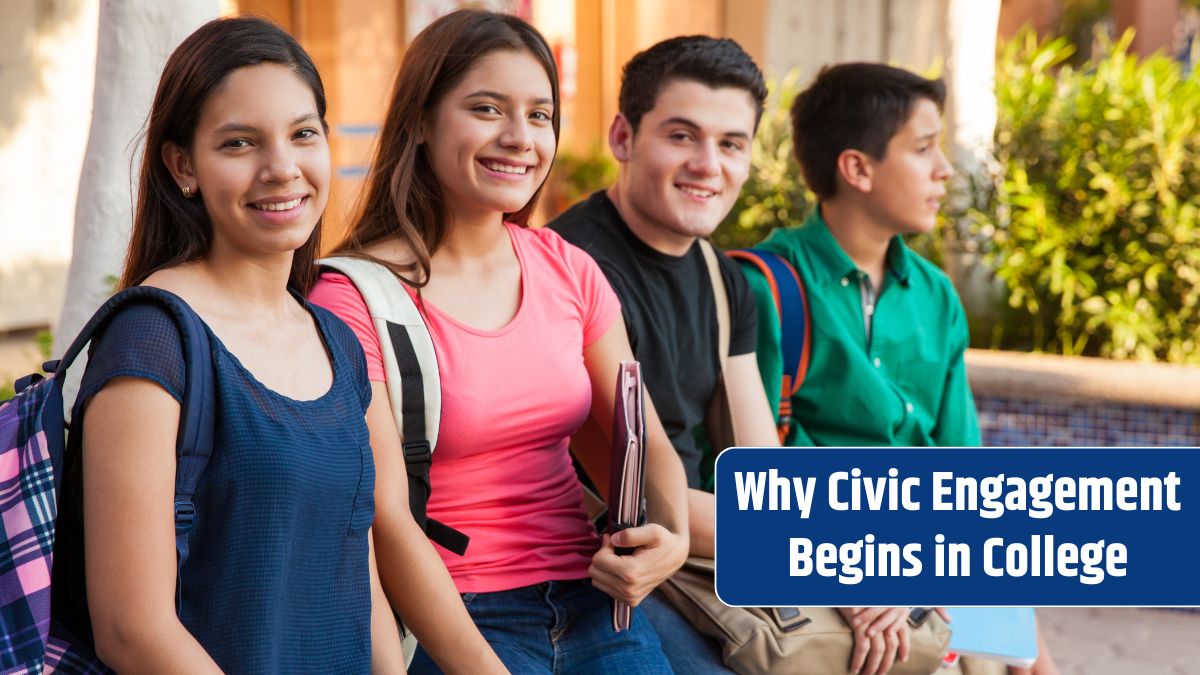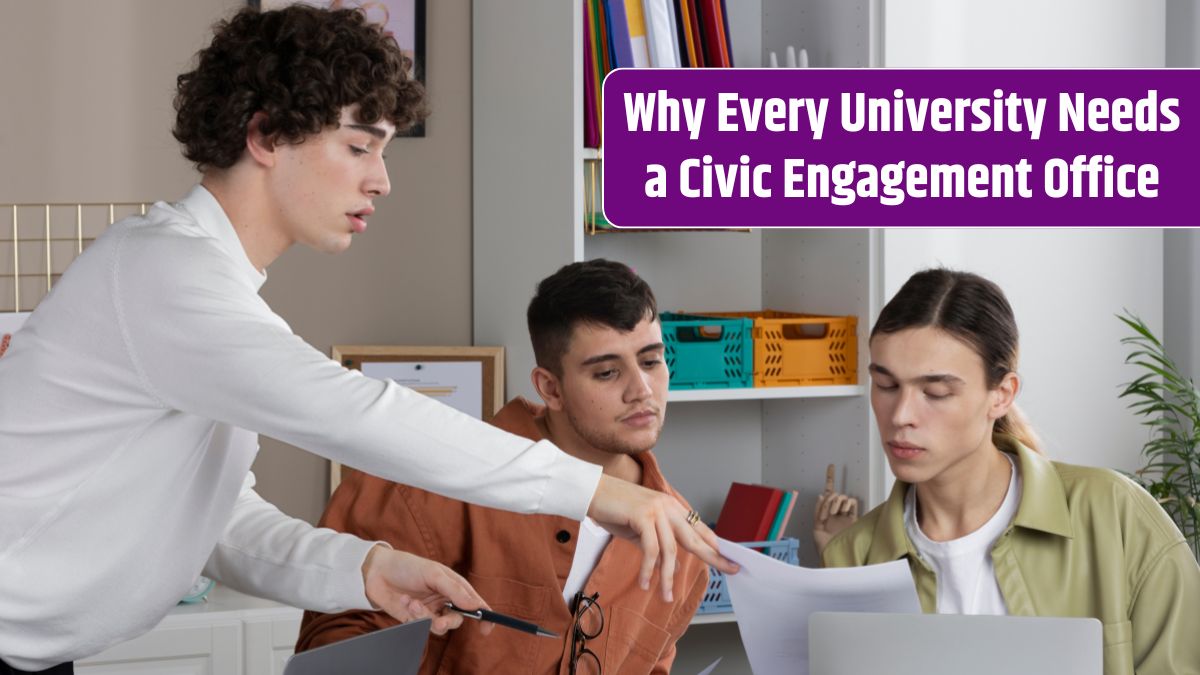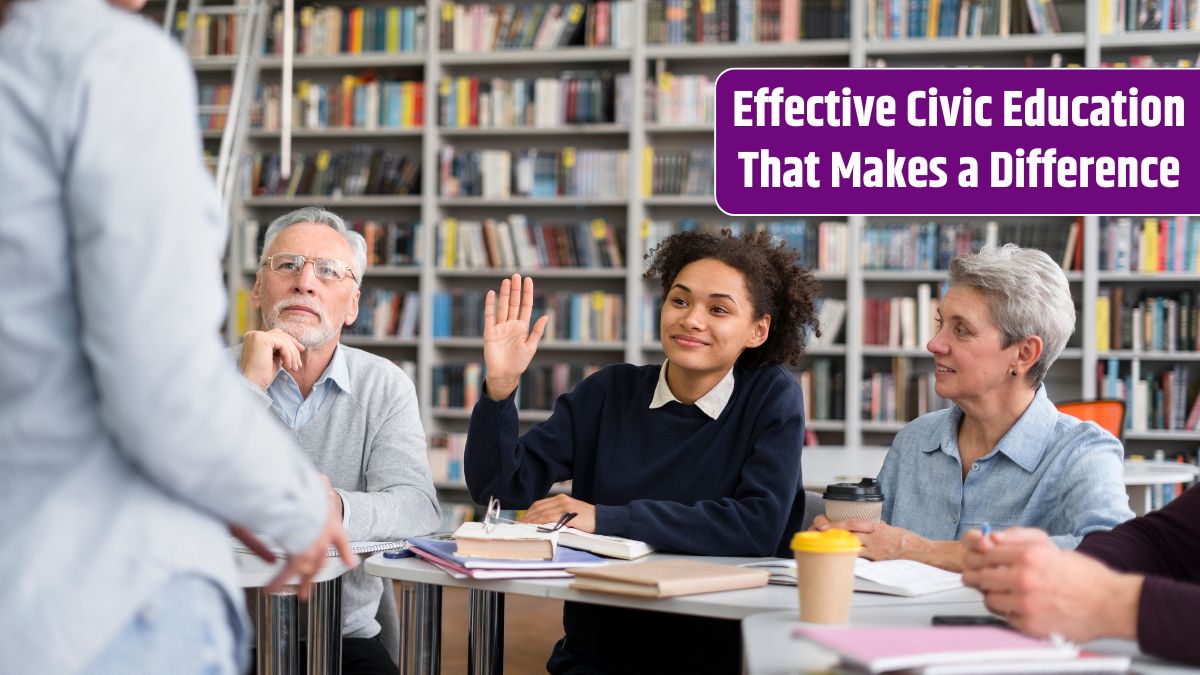Colleges do a lot more than prepare students for jobs—they help shape the kind of citizens who fuel a healthy democracy. At a time when democratic values are being tested around the world, the role of colleges in nurturing civic awareness, critical thinking, and active participation is more important than ever. So, how exactly do campuses serve democracy? Let’s look into the key ways higher education is strengthening society from the inside out.
Table of Contents
Purpose
The core mission of colleges goes beyond academics. It includes preparing students to become thoughtful, informed, and engaged members of society. This means teaching them not just how to think, but also what it means to participate in a democracy.
From understanding voting systems to discussing political issues respectfully, the educational experience helps students develop the tools they need to make a difference. Civic education at the college level ensures that democracy isn’t just a concept—it’s a lived responsibility.
Curriculum
A strong democratic society starts with informed citizens, and the college curriculum is where that learning begins. Many colleges now offer courses in:
- Political science
- Constitutional law
- Media literacy
- Ethics and philosophy
- Global and comparative politics
These courses challenge students to explore different ideologies, question assumptions, and understand systems of power.
But it’s not just about traditional lectures. Many programs use case studies, current events, and interactive discussions to bring democratic principles to life.
Campus
Colleges also serve as mini-democracies. From student government to clubs and activist groups, campuses offer countless opportunities for students to lead, advocate, and organize.
Take a look at some key civic activities on campus:
| Campus Activity | Democratic Skill Built |
|---|---|
| Student Government | Leadership and representation |
| Campus Debates | Civil discourse |
| Volunteer Programs | Community engagement |
| Political Clubs | Policy awareness |
| Student Journalism | Free speech and media literacy |
These real-world experiences help students practice what they’ve learned in class—and bring democratic ideals into everyday life.
Community
Colleges don’t operate in a vacuum. They’re part of larger communities—and they have a responsibility to give back.
Through service-learning, public lectures, and partnerships with local organizations, colleges extend democratic learning beyond campus walls. Some institutions even host voter registration drives and town halls to get students and neighbors more involved.
It’s a two-way street: colleges benefit from community insight, and communities benefit from the energy and skills of young citizens-in-training.
Challenges
Despite the benefits, promoting democracy through college education isn’t without challenges:
- Political polarization: Some campuses struggle with ideological divides.
- Civic disengagement: Not all students feel their voices matter.
- Limited curriculum: Civic content can be sidelined in favor of career-oriented classes.
Addressing these issues requires intention, support, and institutional commitment to civic engagement as a core value.
Solutions
So how can colleges strengthen their democratic mission?
- Integrate civic themes across all majors, not just political science.
- Support student-led initiatives that encourage dialogue and action.
- Partner with civic organizations to expand learning beyond the classroom.
- Encourage faculty training to lead democratic discussions in diverse classrooms.
By investing in these strategies, colleges can grow both minds and movements.
At their best, colleges are training grounds for democracy. They teach students how to think, speak, organize, and act in ways that make democracy stronger. Whether it’s through coursework, campus leadership, or community outreach, colleges help turn passion into purpose—and students into changemakers. Democracy isn’t just protected in courtrooms or legislatures—it’s protected in classrooms.
FAQs
How do colleges support democracy?
By teaching civic skills, encouraging participation, and community outreach.
What courses promote democratic values?
Political science, law, media literacy, and ethics help build civic awareness.
What role do student governments play?
They build leadership and teach students about democratic processes.
Can all majors include civic learning?
Yes, by integrating civic themes into assignments and discussions.
Why is civic education important in college?
It prepares students to be active, informed citizens in democracy.

